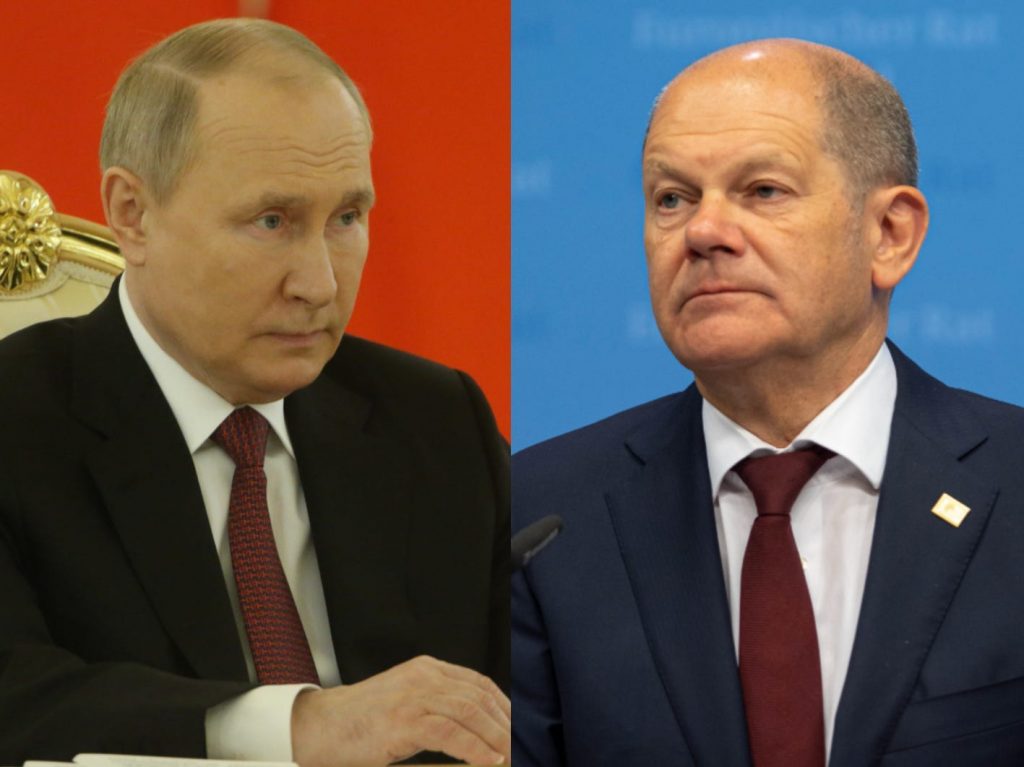- Russia is turning off some of Germany's gas supplies over Shell's refusal to pay in rubles.
- But Gazprom's exports to Germany via Shell supply just 1.3% of the country's gas consumption.
- Germany says Russian imports could fall to 10% of its natural gas consumption by mid-2024.
Russia is turning off some of Germany's gas supplies over Shell's refusal to pay in rubles, but this is unlikely to significantly impact Germany's energy security.
Germany, Europe's biggest economy, is heavily reliant on Russian natural gas and both economists and government officials have warned of what could happen if President Vladimir Putin cuts off supplies.
Russia and other former Soviet states supplied more than two-thirds of Germany's gas imports in 2020, according to the German federal network agency.
Economists have estimated that Germany could lose 220 billion euros ($240 billion) in economic output, or 6.5% of its gross domestic product, over the next two years if Russian gas imports were halted. The CEO of Deutsche Bank has said a recession in Germany would be "virtually unavoidable" in such a scenario.
But Wednesday's announcement about Russia halting supplies only covers a tiny amount of Germany's total natural gas consumption. The move only affects gas supplied to Germany by Shell from Gazprom, which the Russian energy giant puts at up to 1.2 billion cubic meters a year.
According to the German ministry for economy and climate, the country consumed around 95 billion cubic meters of natural gas in 2016. Ministry data shows that Germany still consumes roughly the same amount of natural gas. Based on these figures, Gazprom's exports to Germany via Shell supply only 1.3% of the country's gas consumption.
And gas made up only a quarter of Germany's total energy consumption in 2019 anyway.
Berlin was already on a trajectory to curb its reliance on Russian imports
"Germany is in the process of rapidly reducing its energy dependency on Russia and broadening its energy supply," the country's ministry for economy and climate said in May, noting that it was diversifying its supply chains.
Western nations have been moving to pivot from Russian energy sources after the country invaded Ukraine in late February. Some have imposed sanctions on Russia's energy sector in an attempt to cut off funding to its military.
Germany said that it previously imported around 55% of its gas from Germany. By mid-April this had fallen to 35%, the country's economy and climate ministry said.
The company said it imported more natural gas from Norway and the Netherlands, as well as more liquefied natural gas to plug the gap. It has been urging consumers and businesses to cut down on their oil and gas consumption, including energy used through heating and transport.
Germany said in March that Russian imports could account for as little as 10% of its natural gas consumption by summer 2024.
